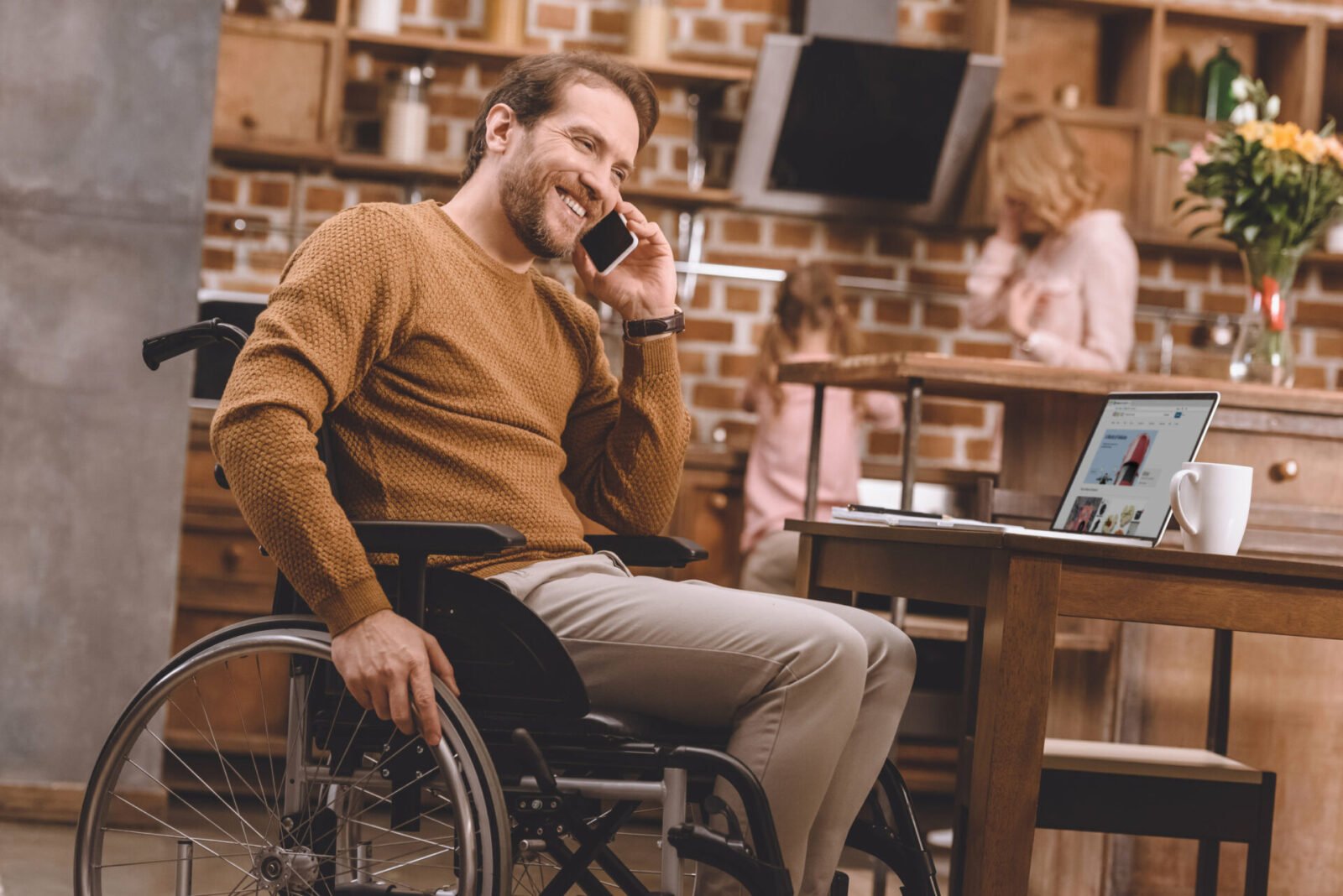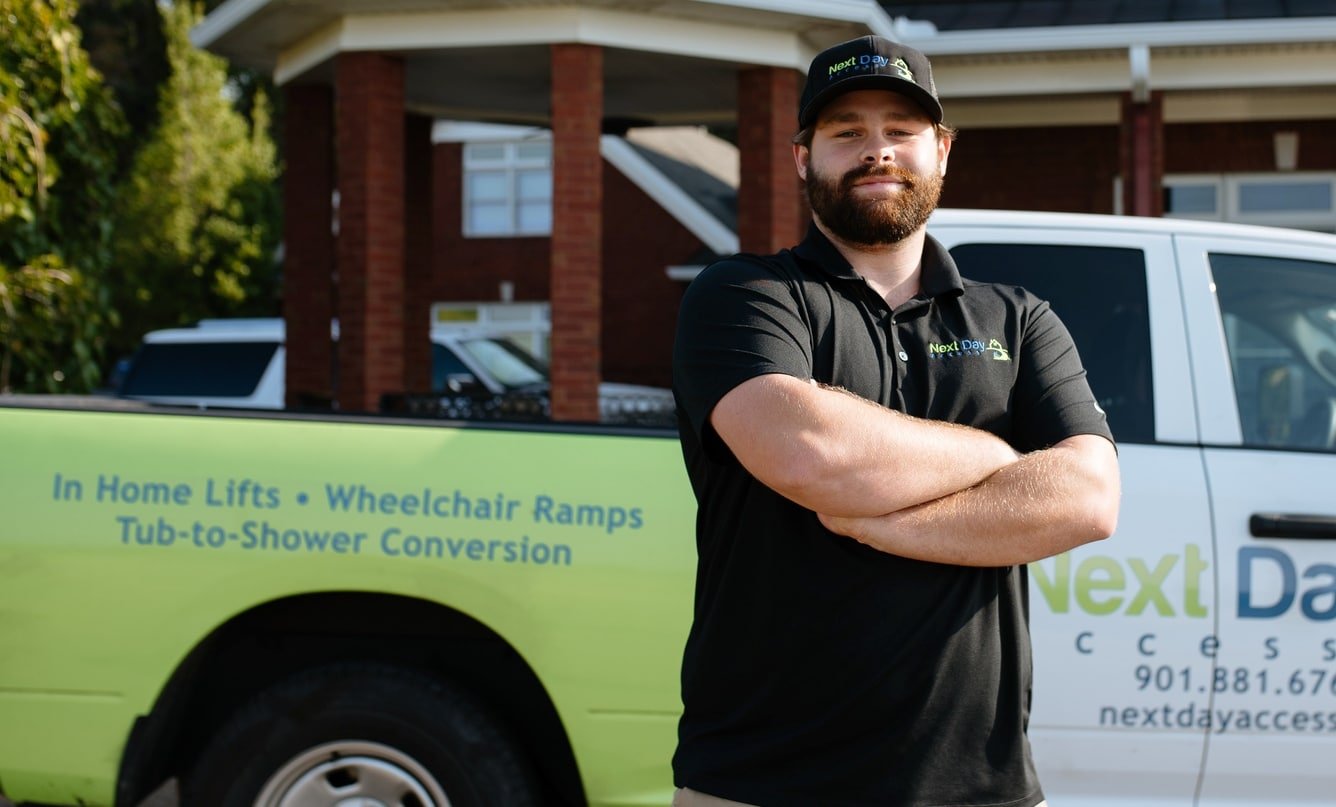
Designing a home that is inviting, safe and comfortable is essential for well-being. Of all places, your home should be a haven. For people depending on a wheelchair, unnecessary barriers and limited space can be very frustrating. Fortunately, you can make your home more accessible with these three tips for designing an accessible home.
Simple Tips for Designing an Accessible Home For You or Your Loved Ones
1. Open Up the Space
When you need to create more space in your home, it is simple; less is more. Try to see the space from the perspective of everyone who needs to use it. Look over your room for any unnecessary boundaries or clutter areas.
Does your sofa really need to block the hallway? Do you need a side table beside the couch? For a wheelchair to make a smooth U-turn, it needs about 78 inches of turn-around space. A minimum of 32 inches between each piece of furniture and the pathways can allow for easy movement. Keep that in mind when planning your furniture layout.
Carry the open floor plan idea throughout the house. Do you need an island in the kitchen that will create a narrow pathway? Most of all, remember décor options are limitless, if they are pleasing to the eye and practical for the safety and convenience of all who use the space.
2. Think About the Flooring
Making your home accessible can be overwhelming. That’s why we recommend starting from the bottom up. Remove mats or rugs that could get snagged in a wheelchair. Consider hardwood floors or laminate tile floors are ideal as they help wheelchairs roll easily.
If you cannot have a flat surface throughout the home, look into threshold ramps that make navigating oversteps much easier for wheelchair users.
3. Find the Right Furniture
For seating and storage, consider sofas with an attached chaise lounge, so you have plenty of room for pillows and therapeutic assists. Furniture that serves dual purposes is practical. For example, a coffee table that lifts or an ottoman with a storage compartment is perfect for functionality.
You can also get lift chairs that function like any other chair but support people with limited mobility. Lift chairs can help with getting in and out of the chair. Make sure that each piece of furniture is sturdy. Shelves or bookcases that could tip easily are dangerous. Look for pieces that are well built with a good center of gravity to avoid injury.
At Next Day Access, we specialize in accessibility and mobility equipment for the home. From wheelchair ramps to grab bars, we have a variety of products to make your home comfortable and safe for you. Contact us today to schedule an in-home consultation.
Find the Right Accessibility Solution Fast
Reach out to a location near you today for a custom quote!
Contact Next Day Access today for reliable mobility solutions backed by responsive, expert installation. Enter your ZIP code or postal code to find a location near you and take the first step toward a safer, more accessible space.

Find the Right Accessibility Solution Fast
Reach out to a location near you today for a custom quote!
Contact Next Day Access today for reliable mobility solutions backed by responsive, expert installation. Enter your ZIP code or postal code to find a location near you and take the first step toward a safer, more accessible space.
